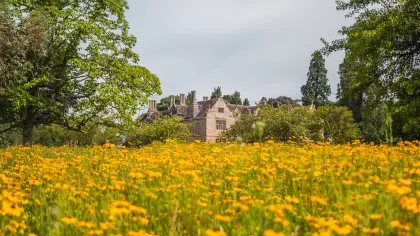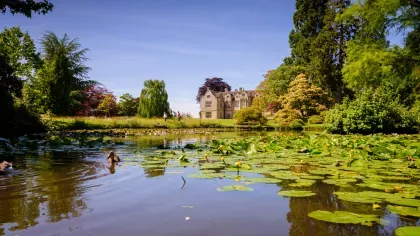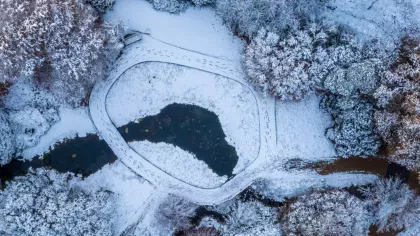22 February 2023
In numbers: The Mansion at Wakehurst
Unearth some key facts and figures behind our Mansion’s transformation from construction to canvas.

Our Grade I listed Elizabethan Mansion has been veiled in scaffolding for the biggest renovation project we’ve undertaken at Wakehurst.
Later this year, the shrouding will be transformed into ‘Planet Wakehurst’, an expansive photo montage featuring plants from across the landscape, created by artist Catherine Nelson.
Here we delve into some key numbers along the Mansion's journey.
2
The number of giraffes equivalent to the height of our new viewing platform. Experience Wakehurst at a whole new level and cast your eyes over our 535 acres of diverse landscapes and plants from across the globe.
3
The number of different bat species discovered nesting in the Mansion’s roof – including common pipistrelle, soprano pipistrelle and brown long eared bats.
21
The length in feet of the longest scaffolding tube being used. That’s around the height of a two-storey house.
24
The number of years that the Millennium Seed Bank was housed in the Mansion’s chapel before the new building opened in 2000.
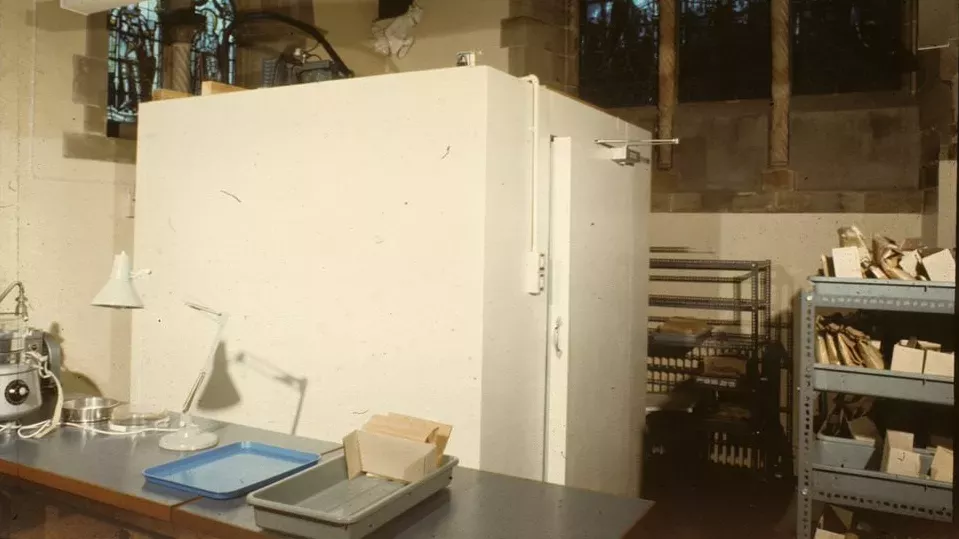
25
The number of double-decker buses it would take to match the size of Catherine Nelson’s artwork wrapping the Mansion.
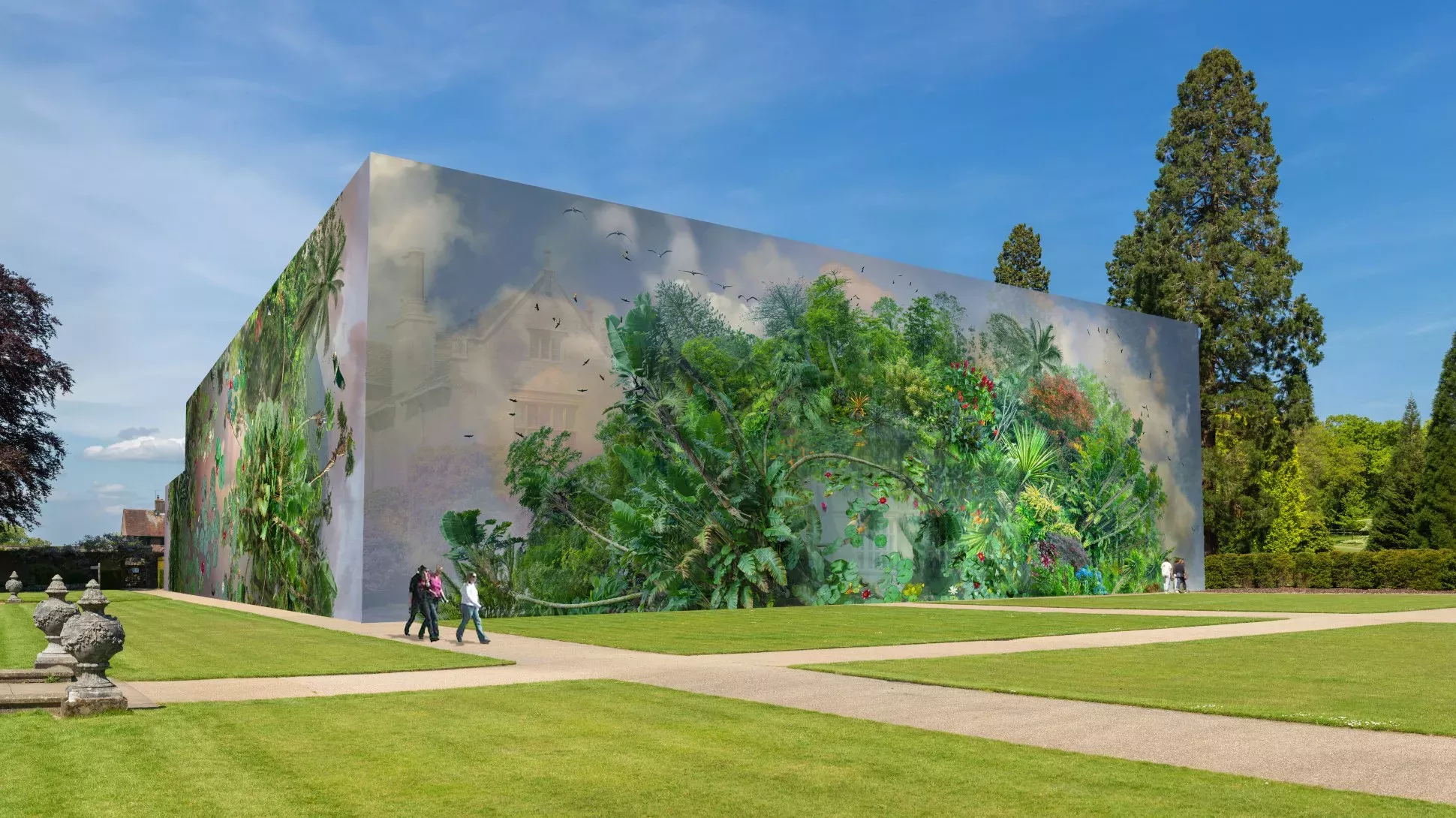
36
The average weight of each scaffolding pole in kilograms – that’s around the weight of a giant armadillo, something you definitely won’t see around Wakehurst!
37
The height, in metres, of the giant redwood standing next to the Mansion, which transforms into the UK’s tallest living Christmas tree for our award-winning winter lantern trail, Glow Wild, each year.
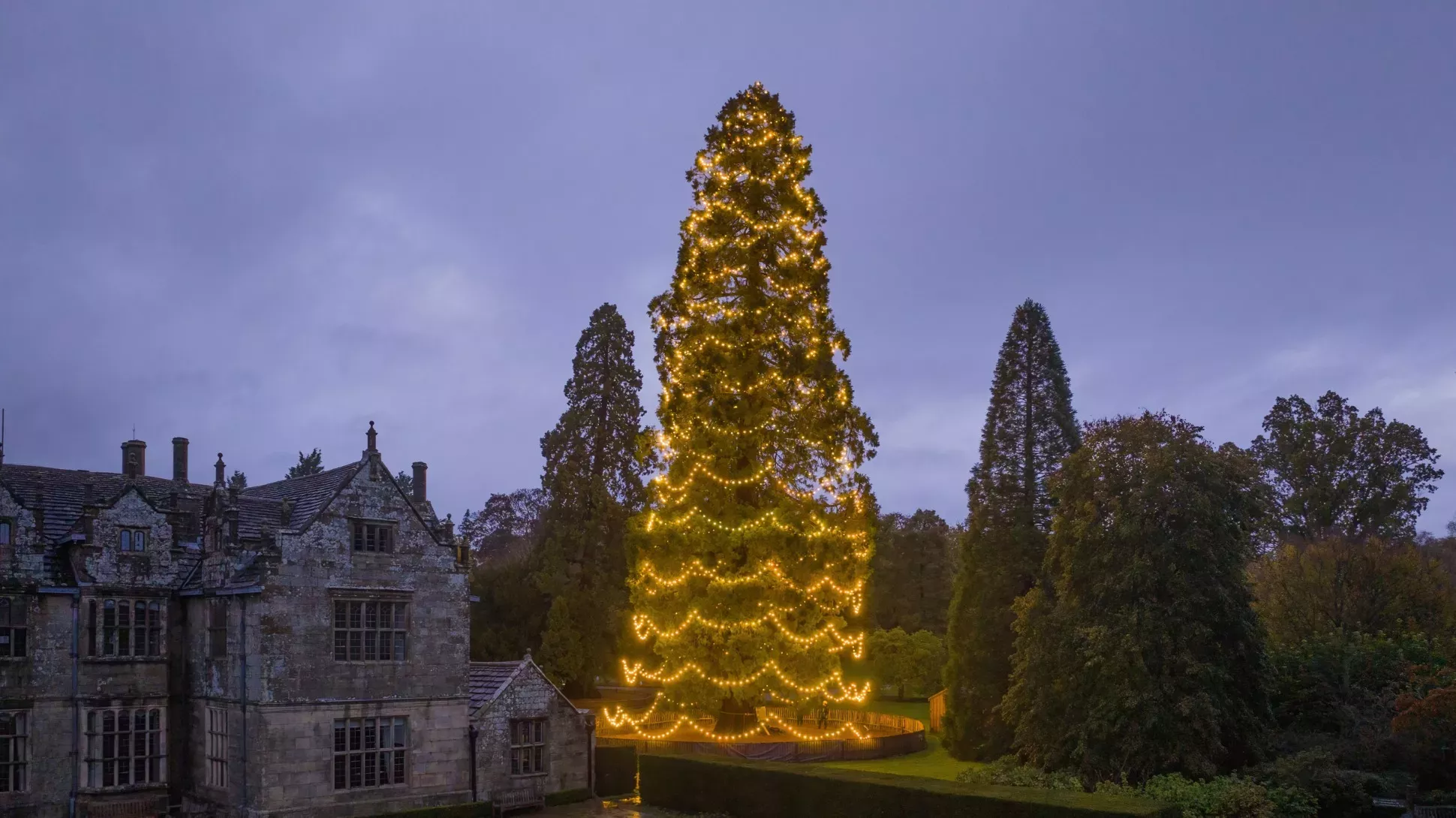
40
The original acreage of the estate purchased by William de Wakehurst in 1205 – long before the Mansion was even built. Today, that’s equivalent to over 74 football pitches.
535
The current acreage of wild landscape radiating from the Elizabethan Mansion. Throughout each season, there is plenty to explore so start your adventure today!
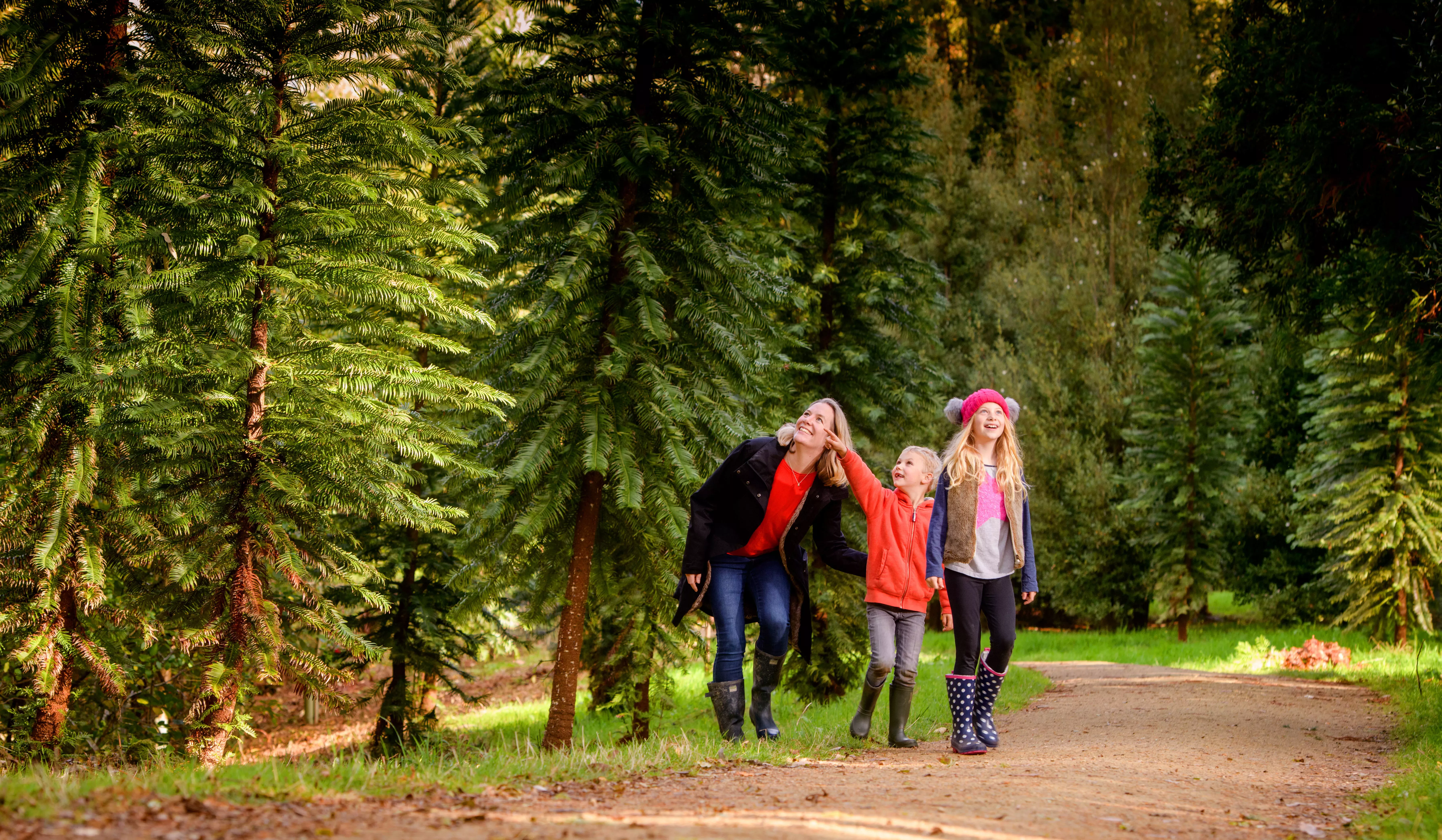
1590
The year in which the Mansion’s design was commissioned by the estate owner, Edward Culpeper.
1903
The year in which the Mansion was purchased by Gerald Loder, a passionate plantsman, who sponsored many seed-collecting trips to diversify the landscape.
He also gave his name to the Loder Valley Nature Reserve, our 150-acre haven of wildlife.
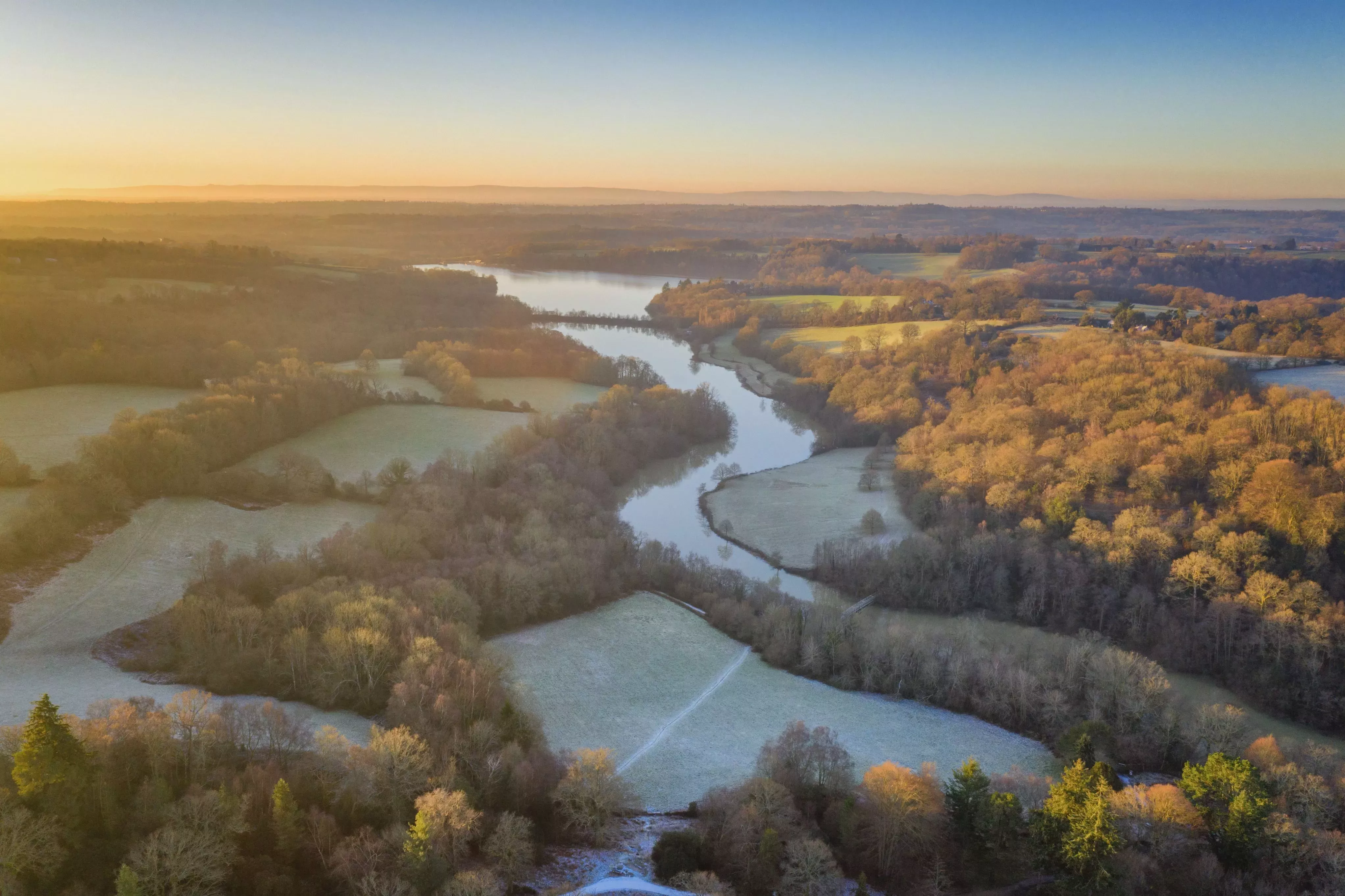
1965
The year in which the Mansion, owned by the National Trust, was leased to the Royal Botanic Gardens, Kew. We now work in partnership with the National Trust to care for our collections and heritage areas.
2,300
The number of acres owned by the Mansion’s residents, the Lydell family, in the late 1600s. They expanded on the original 1,100 acres, using the landscape as a site for ironworking and agriculture.
20,000
The number of trees lost in the Great Storm of 1987. Although a huge tragedy, the sudden change in landscape opened up new spaces for landscape design around the Mansion, such as the Asian Heath Garden.
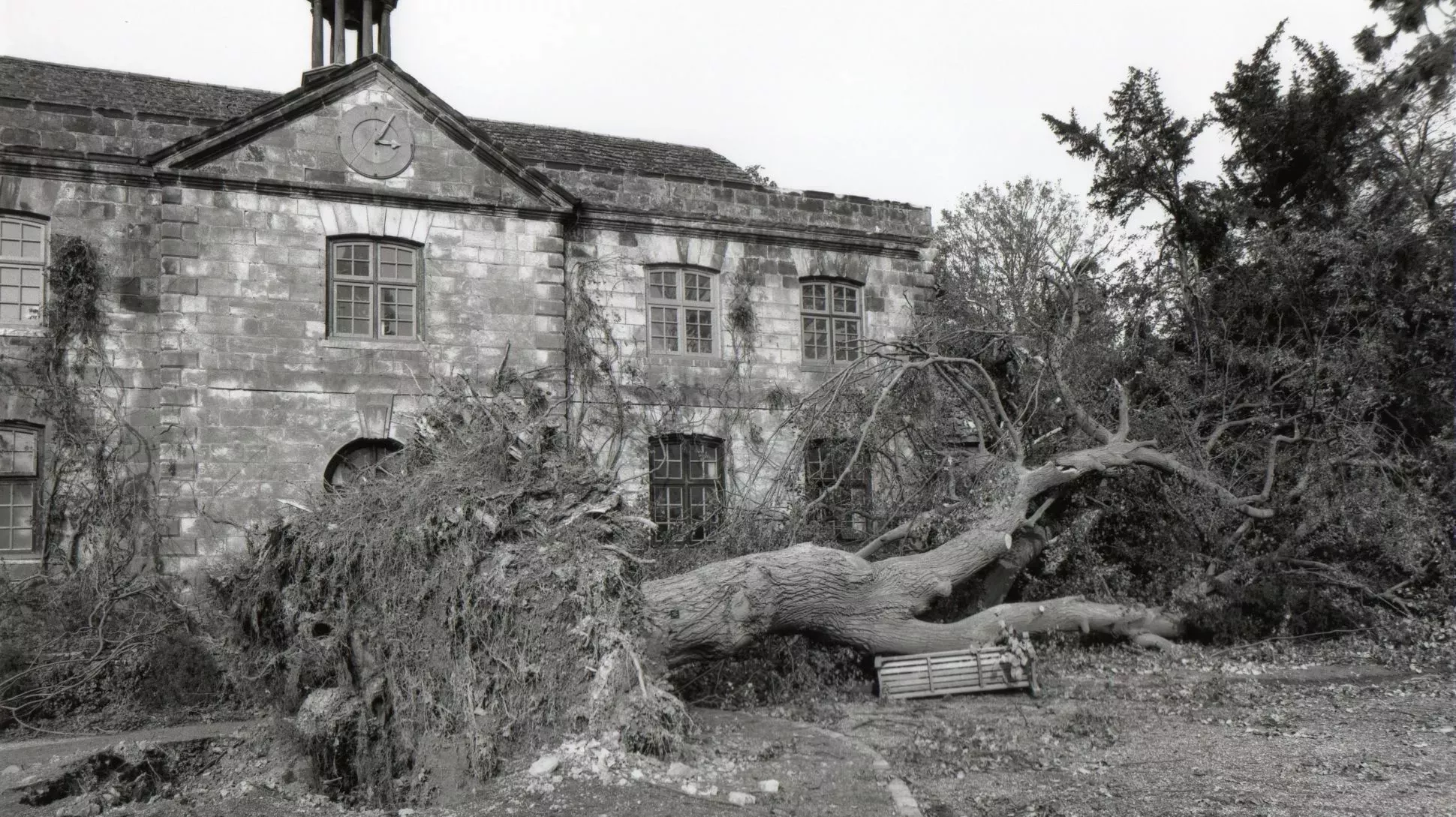
15,000,000
The estimated cost today, in pound sterling, of the Mansion’s twin building in Newport, Rhode Island.
American sportsman and politician James J. Van Alen was given permission to use plans of Wakehurst by Lady Downshire, the estate’s owner at the time.
Completed in 1887, the American estate is now a student building for Salve Regina University.
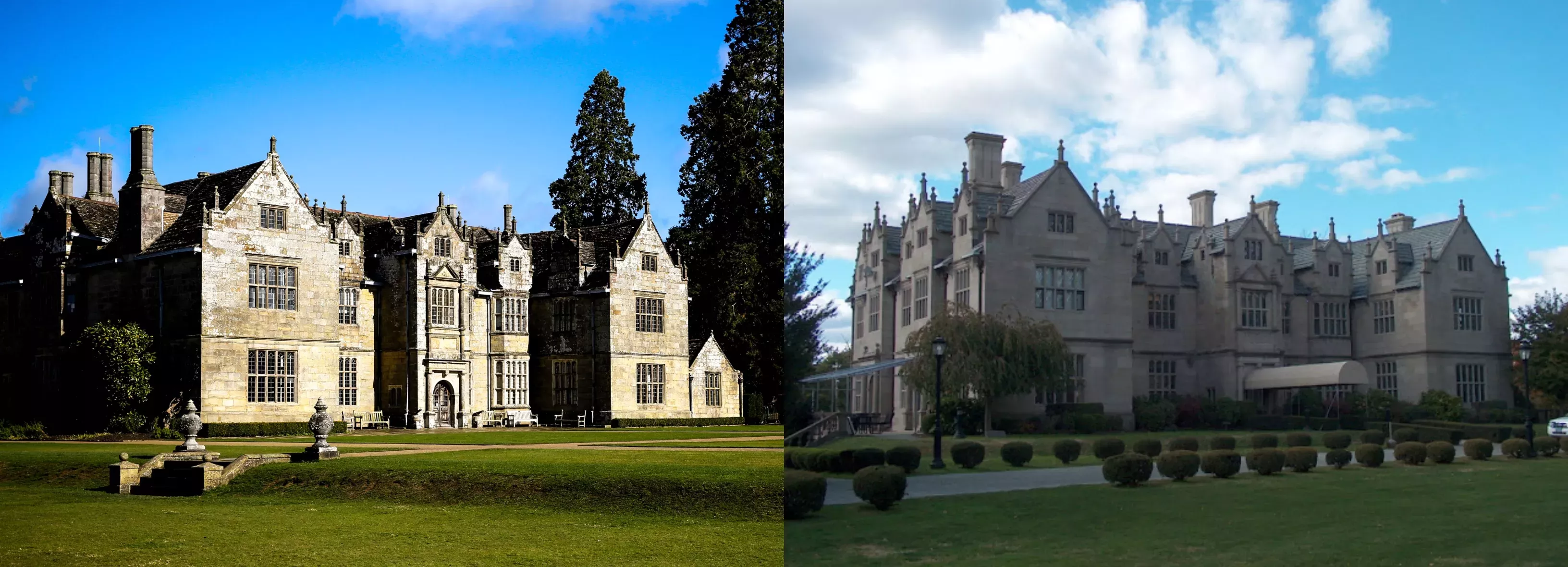
Keep your eyes peeled for the Mansion’s transformation this year, and book your visit to explore the rest of Wakehurst’s biodiverse landscape.
